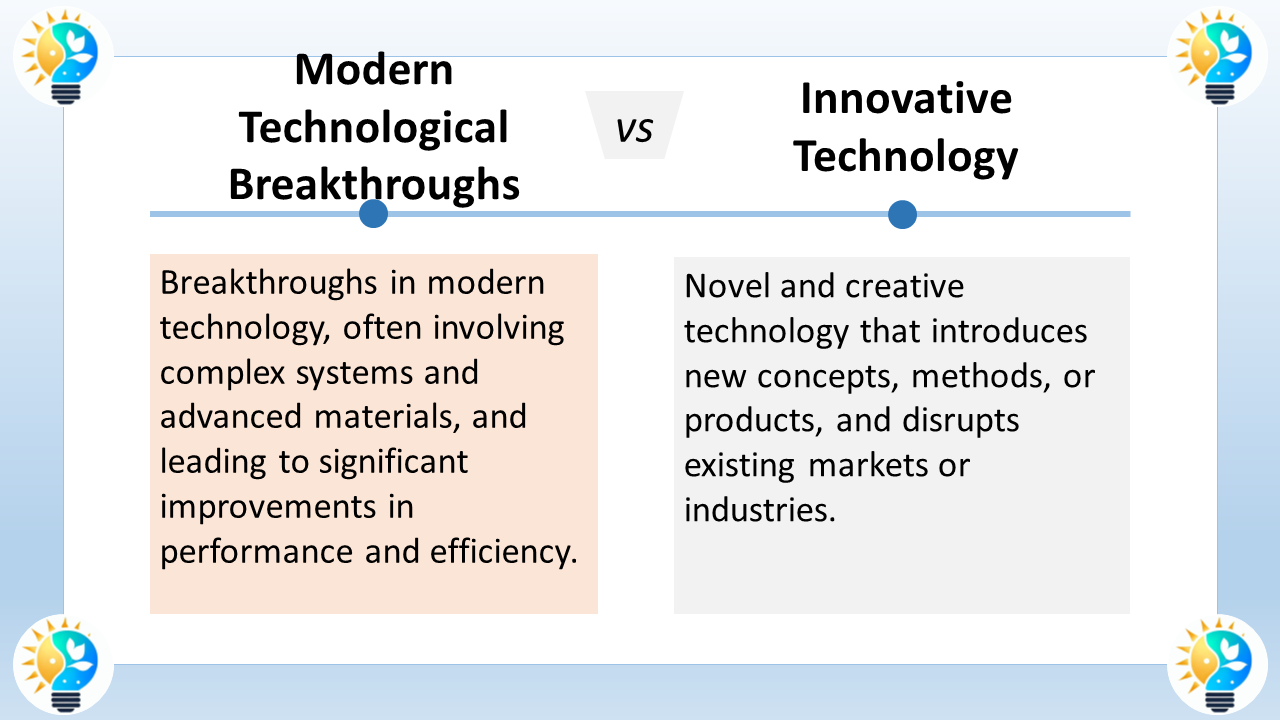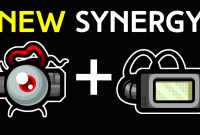Absolutely! Here’s a 3000-word article exploring the nuanced difference between “technology” and “technological,” highlighting their distinct roles and applications, with your requested HTML-style heading replacements.
Technology vs. Technological: Navigating the Nuances of Modern Discourse
In the rapidly evolving landscape of the 21st century, the terms “technology” and “technological” are frequently encountered, often used interchangeably. However, while related, they carry distinct meanings and connotations. Understanding this difference is crucial for precise communication and a deeper appreciation of the forces shaping our world.
Understanding Technology: The Foundation
At its core, “technology” refers to the body of knowledge, tools, and systems created by humans to solve problems, improve efficiency, and enhance our lives. It encompasses a broad spectrum, from the primitive tools of our ancestors to the sophisticated artificial intelligence of today. Technology is tangible and intangible, encompassing physical devices, software, processes, and even methodologies.
Technology as a Noun: A System and a Field
Primarily, “technology” functions as a noun. It represents a concrete entity or a field of study. For example, we speak of “information technology,” “medical technology,” or “renewable energy technology.” In these contexts, “technology” refers to a specific domain or system of tools and knowledge.
The Evolution of Technology: A Historical Perspective

The history of technology is a chronicle of human innovation. From the invention of the wheel to the development of the internet, each technological advancement has reshaped societies and economies. This historical perspective highlights the dynamic and progressive nature of technology. It’s not static; it’s constantly evolving, building upon past discoveries and adapting to new challenges.
Technology’s Impact: Societal and Economic Implications
Technology’s impact on society is profound. It drives economic growth, transforms industries, and influences social interactions. The rise of digital technology, for instance, has revolutionized communication, commerce, and entertainment. However, this impact is not without its challenges. Issues such as digital inequality, privacy concerns, and job displacement are crucial considerations in the age of rapid technological advancement.
Delving into Technological: The Adjective of Application
In contrast, “technological” serves as an adjective, describing something that relates to, involves, or is characterized by technology. It emphasizes the application or presence of technology in a particular context. It signifies the quality or attribute of being derived from or related to technology.
Technological as an Adjective: Describing Attributes and Processes
When we refer to “technological advancements,” “technological innovation,” or “technological solutions,” we use “technological” to describe the nature of these developments. It highlights that these advancements, innovations, or solutions are rooted in or facilitated by technology. It’s a descriptive term, adding a layer of detail to the noun it modifies.
Technological Change: A Catalyst for Transformation

Technological change is a driving force behind societal and economic transformation. It refers to the process of introducing new technologies and their subsequent impact. This change can be incremental, involving gradual improvements, or disruptive, involving radical innovations that fundamentally alter existing systems.
Technological Literacy: Navigating the Digital Age
In today’s world, technological literacy is becoming increasingly essential. It refers to the ability to understand and use technology effectively. This includes not only technical skills but also the ability to critically evaluate and adapt to new technologies. Technological literacy is crucial for individuals, businesses, and governments to thrive in a technology-driven world.
Technology vs. Technological: Distinguishing the Difference
The key difference between “technology” and “technological” lies in their grammatical function. “Technology” is a noun, representing the tools, systems, and knowledge itself. “Technological” is an adjective, describing the attributes or processes related to technology.
Contextual Clarity: The Importance of Precise Language
Using these terms correctly is essential for clear and effective communication. For instance, saying “the technology advancements” is incorrect; it should be “the technological advancements.” Similarly, referring to a “technological” as a standalone entity is inaccurate; it must be a “technology” or a “piece of technology.”
Examples in Practice: Illustrating the Distinction
Consider the following examples:
Technology:
“The company invests heavily in renewable energy technology.”
“Information technology has transformed the way we communicate.”
“Medical technology has led to significant advancements in healthcare.”
Technological:
“The city is experiencing rapid technological development.”
“The project requires a technological solution to address the problem.”
“The team is focused on technological innovation in the automotive industry.”
These examples illustrate the distinct roles of “technology” and “technological.” “Technology” refers to the specific fields or systems, while “technological” describes the attributes or processes related to those fields or systems.
The Interplay Between Technology and Technological Advancement
While distinct, “technology” and “technological” are inherently interconnected. Technology provides the foundation for technological advancements. Without existing technologies, there would be no basis for innovation and development. Technological advancements, in turn, drive the evolution of technology, leading to new tools, systems, and knowledge.
The Cycle of Innovation: From Idea to Implementation
The cycle of innovation typically involves several stages, from the initial idea to its implementation and widespread adoption. This process is driven by technological advancements, which are facilitated by existing technologies. For example, the development of artificial intelligence (AI) is built upon decades of research and advancements in computing technology.
The Future of Technology and Technological Progress
Looking ahead, the pace of technological change is expected to accelerate. Emerging technologies such as AI, quantum computing, and biotechnology have the potential to revolutionize industries and transform societies. Understanding the difference between “technology” and “technological” will be increasingly important as we navigate this future.
Conclusion: Mastering the Terminology
In conclusion, while “technology” and “technological” are closely related, they serve distinct purposes. “Technology” refers to the body of knowledge, tools, and systems, while “technological” describes the attributes or processes related to technology. By mastering the terminology, we can enhance our understanding of the forces shaping our world and communicate more effectively about the complex issues surrounding technological advancement. As technology continues to evolve, our ability to distinguish between these terms will become increasingly crucial for navigating the future.



